Tracking Progress From NFTs To DeFi That Are Expanding The World Of Blockchain Projects
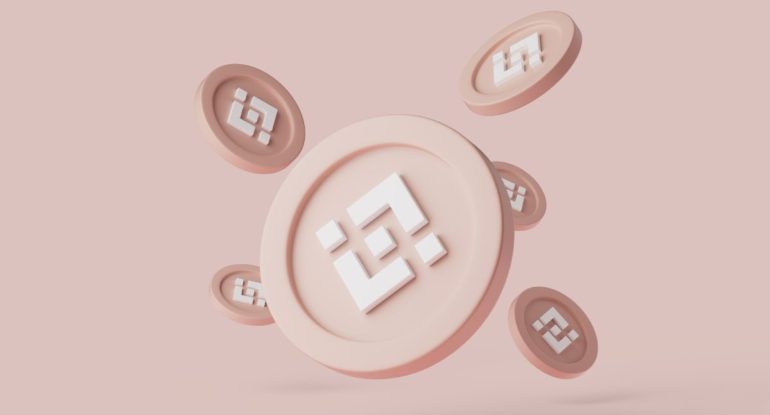
The blockchain space has continued to evolve at an astounding pace, and 2023 promises to be a pivotal year for the industry. From the rise of NFTs (Non-Fungible Tokens) to the continued growth of DeFi (Decentralized Finance), the year has been marked by significant developments and innovations. In this article, we will explore the progress and trends in blockchain projects in 2023, shedding light on the transformative impact they’ve had on various sectors.
NFTs: A Year of Expansion
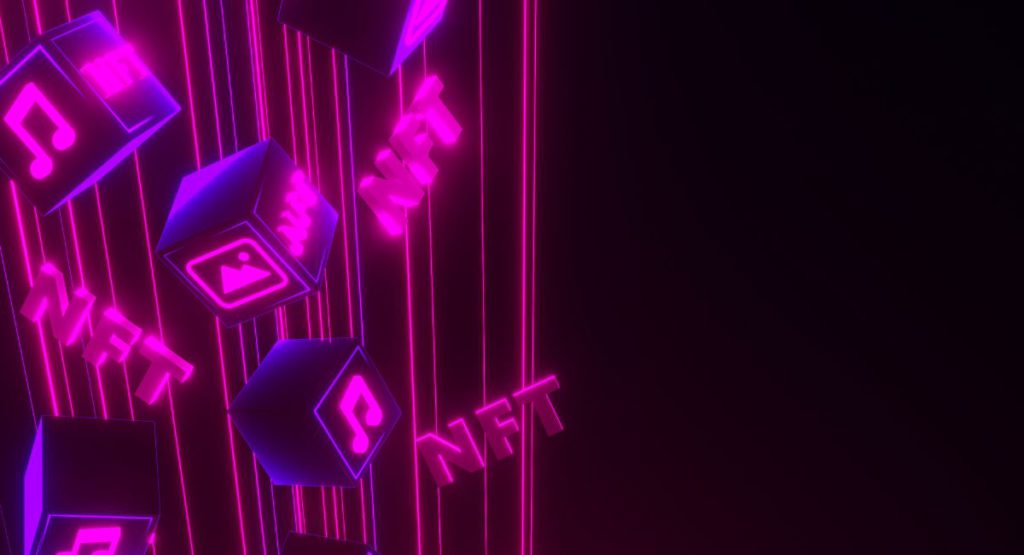
NFTs, or Non-Fungible Tokens, emerged as one of the most talked-about blockchain innovations in 2022. In 2023, this trend continued to expand, encompassing a wide range of applications.
NFTs in Art and Entertainment
The art world witnessed a burgeoning NFT market in 2022, with artists, musicians, and creators embracing the technology to monetize their digital works. In 2023, the trend persisted, as NFT art auctions and exhibitions became commonplace. Iconic artists like Beeple and musicians like Deadmau5 have continued to experiment with NFTs, further legitimizing their place in the art and entertainment industries.
NFTs in Gaming
NFTs have made their way into the gaming industry, creating a new paradigm of ownership and value. Players can now own in-game assets as NFTs, trade them across different games, and even sell them on NFT marketplaces. Game developers are integrating blockchain technology to make virtual assets truly valuable, adding an exciting layer of interactivity and ownership for gamers.
NFTs in Real Estate and Virtual Real Estate
2023 marked a significant shift in the real estate industry, with blockchain technology and NFTs gaining traction. Buyers and sellers explored using NFTs to represent real estate properties, enabling more transparent and efficient transactions. In the virtual realm, virtual real estate marketplaces like Decentraland and The Sandbox continued to thrive.
DeFi: Maturation and Growth
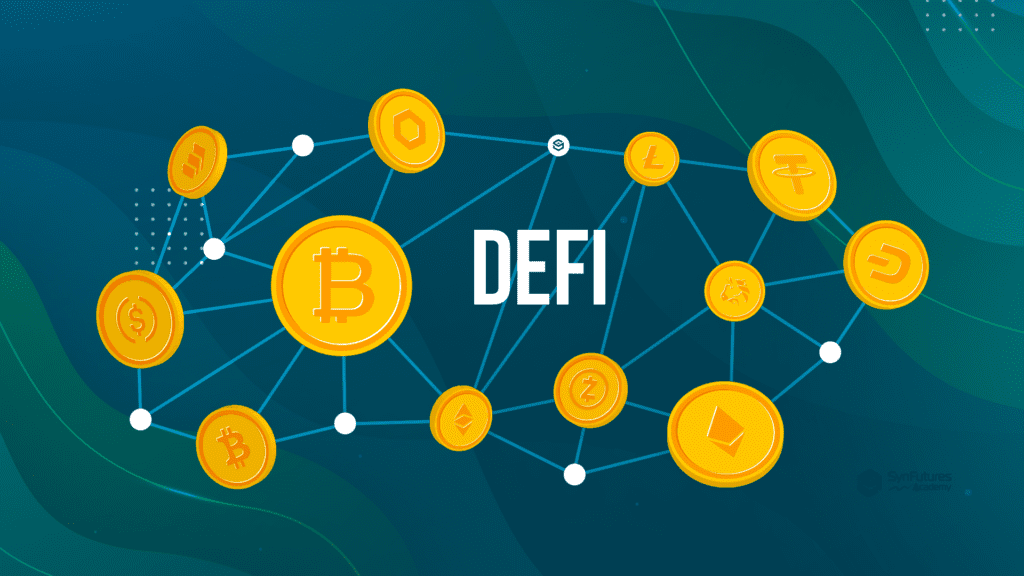
DeFi, or Decentralized Finance, had a landmark year in 2022, with its TVL (Total Value Locked) in various DeFi protocols reaching new heights. In 2023, DeFi projects have continued to mature and innovate.
DeFi Lending and Borrowing
DeFi lending and borrowing platforms have evolved to offer more stability and reliability. Innovations in algorithmic stablecoins, yield farming, and under-collateralized loans have made DeFi lending and borrowing safer and more accessible.
DeFi Governance Tokens
Governance tokens play a pivotal role in decision-making within DeFi protocols. Projects like Uniswap, Aave, and Compound have refined their governance models, giving users more power in shaping the future of these platforms.
Cross-Chain DeFi
Interoperability solutions have made cross-chain DeFi more seamless. Users can now access DeFi services across different blockchains, expanding the DeFi ecosystem and reducing congestion on popular networks.
Also, read – The Top 10 Blockchain Projects To Watch In 2023
Sustainability and Environmental Concerns
In 2023, sustainability and environmental concerns have risen to the forefront of the blockchain industry. The exponential growth of blockchain technology, particularly in proof-of-work (PoW) networks like Bitcoin, has led to heightened scrutiny regarding the environmental impact of blockchain mining. This has prompted blockchain projects to explore eco-friendly consensus mechanisms and to take steps towards reducing their carbon footprints.
The Environmental Impact of PoW Blockchains
Proof-of-work blockchains, like Bitcoin, rely on energy-intensive mining processes that involve solving complex mathematical puzzles. This process, while crucial for the security of the network, consumes a significant amount of electricity. The environmental concern arises from the predominantly fossil-fuel-based energy sources used for mining, which contribute to carbon emissions and environmental degradation.
Transition to Proof-of-Stake (PoS)
To address these concerns, many blockchain projects have been transitioning to more environmentally friendly consensus mechanisms, such as proof-of-stake (PoS). PoS requires validators to hold and “stake” a certain amount of the cryptocurrency to create and validate new blocks, reducing the need for energy-intensive computations. Ethereum’s move to Ethereum 2.0, which utilizes PoS, is one of the most notable examples of this transition.
Eco-Friendly Initiatives
Blockchain projects and mining pools have also taken initiatives to use renewable energy sources for mining operations. Solar and wind power, as well as hydroelectric energy, are being explored as alternatives to fossil fuels, aligning with the global push for sustainable practices.
The Emergence of Green Tokens
The concept of “green tokens” is gaining traction. These tokens represent the carbon offset associated with blockchain transactions. Projects and individuals can purchase green tokens to offset the environmental impact of their blockchain activities, contributing to environmental sustainability.
An inconvenient part of the narrative right now is also that while the environmental impact of PoW blockchains is undoubtedly harming the environment huge sums of money is being donated to charity by artists on these very platforms: https://t.co/AhDDDChJYQ
— 𝕭𝖏ø𝖗𝖓 𝕾𝖙𝖆𝖆𝖑 (@_nonfigurativ_) September 2, 2021
The Role of Regulation
As blockchain technology becomes increasingly integrated into various industries, regulatory clarity has become a top priority for governments and regulatory bodies worldwide. The blockchain industry recognizes that a clear regulatory framework can provide stability, legitimacy, and enhanced protection for investors and users. However, this new wave of regulation also presents challenges related to compliance and user privacy.
Regulatory Clarity
Regulatory authorities have been actively engaging with blockchain projects to establish guidelines for their operations. This engagement aims to mitigate risks related to fraud, money laundering, and other illicit activities. Regulatory clarity is particularly crucial for financial institutions and businesses looking to integrate blockchain technology into their operations.
Compliance Challenges
Blockchain projects must adapt to comply with the evolving regulatory landscape. This can entail implementing know-your-customer (KYC) and anti-money laundering (AML) procedures, which may conflict with the technology’s core principles of privacy and pseudonymity. Striking a balance between regulatory compliance and user privacy remains a significant challenge.
User Privacy Concerns
As regulations evolve, there is a growing concern about how user data and privacy will be protected. Stricter regulatory requirements might lead to more comprehensive data collection, posing potential threats to user privacy. Maintaining a balance between regulation and protecting user privacy is a complex issue that the industry will grapple with in the coming years.
The Next Frontier: Metaverse and DAOs
Looking ahead to the latter half of 2023, the metaverse and DAOs (Decentralized Autonomous Organizations) represent the next frontier in blockchain innovation. These concepts are poised to revolutionize the way we interact with digital environments and make decisions in various industries.
The Metaverse
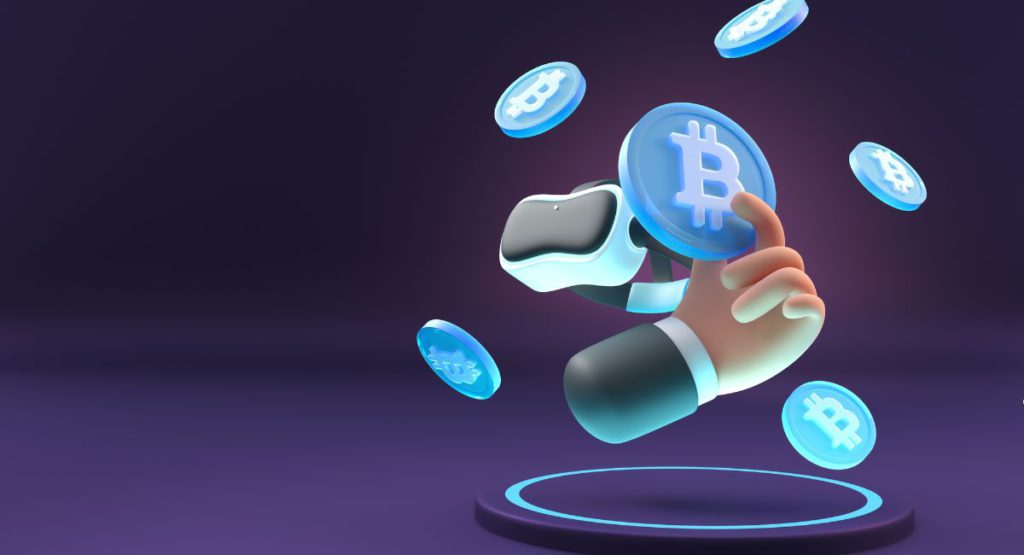
The metaverse is a collective virtual shared space that has the potential to redefine how we interact with digital environments. It extends beyond gaming, encompassing virtual worlds where users can socialize, work, play, and create. The metaverse is expected to have a profound impact on various sectors, from entertainment and education to commerce and social networking.
Decentralized Autonomous Organizations (DAOs)
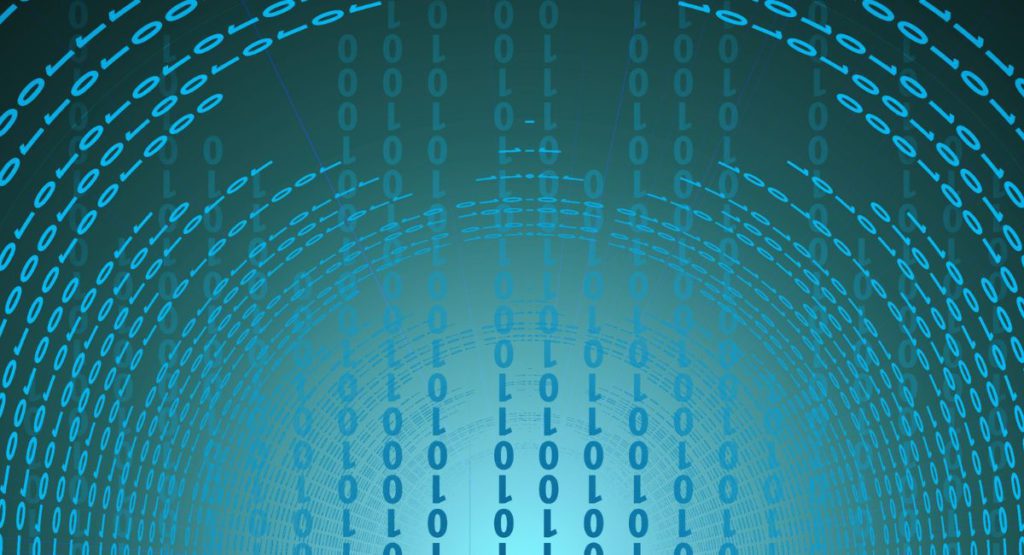
Decentralized Autonomous Organizations (DAOs) are organizations run by code and governed by token holders. They enable decentralized decision-making and asset management. DAOs have the potential to revolutionize how entities are governed, reducing the need for centralized intermediaries and enabling a more inclusive and transparent form of decision-making.
Conclusion
In 2023, blockchain projects have continued to build on the momentum of the previous year. NFTs and DeFi have matured, expanding their reach into art, gaming, real estate, and traditional finance. Sustainability has become a central concern, and regulation is starting to shape the industry’s landscape. Looking ahead, the metaverse and DAOs are poised to drive the next wave of blockchain innovation, reshaping how we interact with the digital world.
Blockchain technology remains dynamic and full of potential, and as it continues to evolve, its transformative impact on various sectors will be a story to watch in the coming years. The journey of blockchain projects in 2023 has been one of progress, maturation, and adaptation to a changing technological landscape, and it promises to be an exciting ride for those involved in the industry and its enthusiasts.
FAQs about NFTs and DeFi
1. What is DeFi vs NFT vs Metaverse?
DeFi, NFT, and the Metaverse are distinct but interconnected concepts in the world of blockchain and cryptocurrency:
- DeFi (Decentralized Finance): DeFi refers to a category of financial services and applications built on blockchain technology. It aims to recreate traditional financial systems in a decentralized and open-source manner. DeFi projects enable activities like lending, borrowing, trading, and yield farming without traditional intermediaries like banks. They are typically governed by smart contracts on the blockchain, providing transparency and accessibility.
- NFT (Non-Fungible Token): NFTs are unique digital assets that represent ownership or proof of authenticity of a particular item or piece of content. Unlike cryptocurrencies like Bitcoin, NFTs are indivisible and cannot be exchanged on a one-to-one basis. They have gained significant attention in the art, entertainment, and gaming industries, as they allow for the ownership and trading of digital collectibles, artwork, virtual real estate, and more.
- Metaverse: The Metaverse is a virtual, interconnected, and immersive digital universe where users can interact, socialize, work, play, and transact within a shared, digital environment. It can encompass various applications, including virtual reality, augmented reality, gaming, and more. NFTs and DeFi can play a significant role in the development of the Metaverse by enabling ownership, trade, and financial transactions within these virtual spaces.
2. What is called DeFi?
DeFi, short for Decentralized Finance, is a term used to describe a category of blockchain-based financial services and applications that aim to create an open and decentralized alternative to traditional financial systems. DeFi projects typically use smart contracts to automate and facilitate activities like lending, borrowing, trading, yield farming, and more, without the need for traditional financial intermediaries. DeFi has gained popularity due to its potential for financial inclusion and innovation.
3. What is the difference between NFT and crypto?
The main difference between NFTs (Non-Fungible Tokens) and cryptocurrencies lies in their fungibility and purpose:
- Cryptocurrency (e.g., Bitcoin, Ethereum): Cryptocurrencies are digital or virtual currencies designed for use as a medium of exchange. They are fungible, meaning one unit is interchangeable with another, and they have the same value. Cryptocurrencies are typically used for transactions and as stores of value.
- NFT (Non-Fungible Token): NFTs, on the other hand, are unique digital assets that represent ownership or proof of authenticity of a specific item, artwork, collectible, or piece of content. NFTs are not interchangeable, and each one has a distinct value and identity. They are often used for ownership and provenance verification of digital or physical assets.
4. What is DeFi in NFT gaming?
DeFi in NFT gaming refers to the integration of decentralized finance principles and services within the world of NFT-based video games. In this context, DeFi can involve features such as NFT collateralized loans, staking NFTs to earn rewards, liquidity provision for in-game assets, and more. DeFi in NFT gaming can enhance the gaming experience by allowing players to trade, lend, or borrow NFT assets, and it can create new opportunities for the gaming community to interact and earn rewards. This combination of DeFi and NFTs is often seen as a potential driver of innovation in the gaming industry.


























































